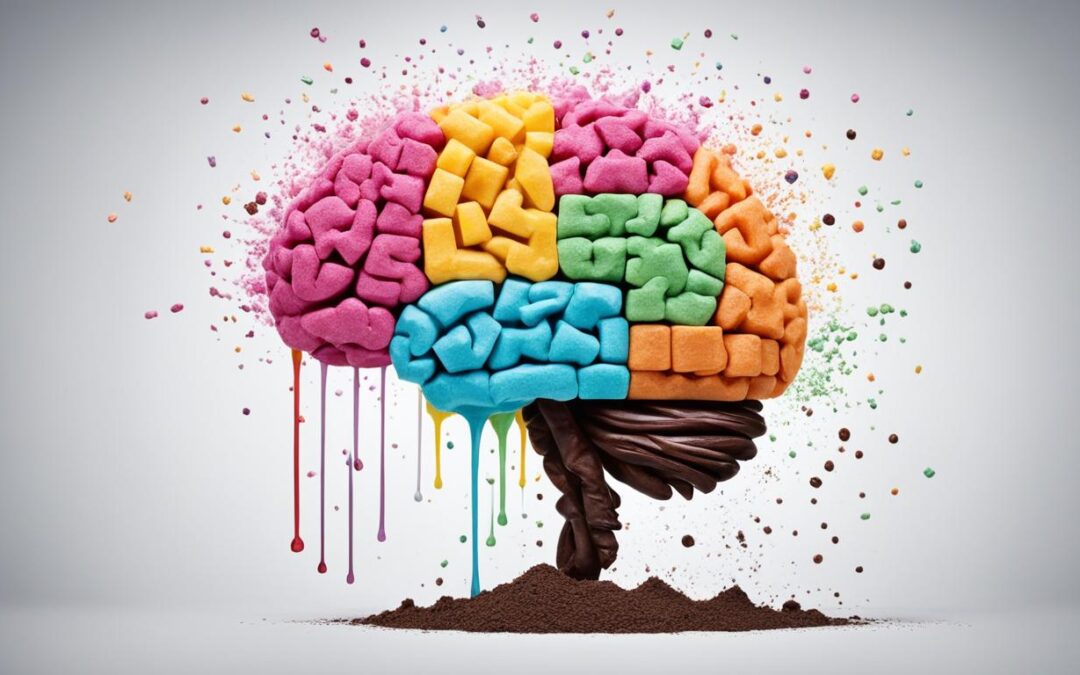The Hidden Dangers of Sugar for Your Physical and Mental Health


Published on: 01/11/2025
By: GoodHealthes Editorial Team
Excessive sugar consumption is not just a threat to your waistline — it’s a serious risk to both physical and mental health. In today’s diet, sugar hides in nearly everything, from processed snacks to seemingly “healthy” drinks. But what really happens to your body and brain when you consume too much of it?
How Sugar Affects Your Physical Health
Numerous studies have shown that high sugar intake is linked to obesity, insulin resistance, heart disease, and metabolic syndrome. Excess sugar also triggers inflammation, weakens the immune system, and accelerates aging.
According to research published on PubMed, excessive sugar consumption alters the brain’s reward system — leading to cravings, overeating, and long-term metabolic damage.
Another study from MDPI found that individuals who regularly consume sugary beverages face a higher risk of chronic inflammation and cardiovascular issues.
The Mental Health Connection
The effects of sugar go far beyond physical health. Emerging research shows that high sugar diets can increase the risk of depression and anxiety.
-
A large meta-analysis involving over 1.2 million participants found that those with the highest sugar intake had a 21% higher risk of developing depression. (PubMed)
-
Another study published in BMC Psychiatry reported that consuming an extra 100 g of sugar per day was linked to a 28% higher rate of depressive symptoms. (BMC Psychiatry)
Why does this happen?
Researchers suggest several biological mechanisms:
-
Chronic inflammation and neuroinflammation, affecting brain regions tied to mood and memory (MindfulSpark).
-
Gut-brain imbalance, as sugar-rich diets can disrupt gut bacteria that influence emotional regulation (LuzMedia).
-
Blood sugar spikes and crashes, which can lead to fatigue, irritability, and mood swings.
Signs You’re Consuming Too Much Sugar
Constant fatigue or energy crashes
-
Frequent mood swings or anxiety
-
Increased cravings after meals
-
Difficulty concentrating
-
Weight gain around the abdomen
If these symptoms sound familiar, your diet might be higher in added sugars than you realize.
How to Cut Back on Sugar Safely
Reducing sugar doesn’t mean giving up sweetness entirely — it’s about making smarter choices.
-
Read nutrition labels — watch for hidden sugars like “high fructose corn syrup,” “maltose,” or “dextrose.”
-
Drink more water instead of sodas or sweetened juices.
-
Choose whole foods like fruits, vegetables, and lean proteins.
-
Avoid processed snacks and opt for homemade meals when possible.
-
Gradually reduce sugar rather than cutting it out completely — sustainable change matters most.
The Bottom Line
Sugar might deliver a quick energy boost, but the long-term effects on your body and mind are far from sweet.
Cutting down on added sugar is one of the simplest, most effective steps toward a healthier body, balanced mood, and improved mental clarity.If you’ve been struggling with low energy or emotional ups and downs, your sugar intake might be the missing piece of the puzzle.
Sources:
-
